Bill is a retired Vietnam veteran and Navy corpsman living with the invisible wounds of war. He discovers that dogs are the best medicine after he saves a Beagle from life in a shelter.
A boy from Berwyn
Bill grew up in Berwyn, Illinois, in a suburb just outside of Chicago. It was a colorful upbringing. He remembers fondly living in the hub of an immigrant community where he had many friends – and patient parents.
“They need to be nominated for sainthood,” he says wrily.
After graduating from high school Bill started to attend a community college conveniently located on the third floor of his high school. He and his friends had a special joke among themselves.
“We went to ‘UCLA,’” Bill laughs, “The University of Cicero Located on Austin.”
The college was tuition-free for locals. However, Bill parted ways with the school after an unsatisfactory performance.
“They said, ‘don’t come back next semester.’”
The young teen did not consider this a setback; he had other plans for his future. Growing up in the fifties, he spent time watching action movies and idolizing John Wayne. The idea of joining the military was an exciting prospect for the young man.
“It’s something I always wanted to do from childhood.”
Go West, young man
Bill decided to brave boot camp on the West Coast after being given the choice between the frigid waters of Lake Michigan and the San Diego sunshine.
“I had never seen an ocean until then,” he shares, “never been West of the Mississippi.”
The teenager’s career in the Navy started with 16 weeks of corpsman school at San Diego’s Balboa Naval Hospital.
As a corpsman, Bill served with the 1st Marine Division in Vietnam, survived the Tet Offensive, and served on a total of three ships – including two overseas, in Taiwan and Scotland, respectively.
Corpsmen and medics who served in the battlefields of Vietnam were often the difference between life and death for wounded troops. Their primary focus was to keep injured service members alive until they could be evacuated to safety and further medical care.
It was a daunting – and haunting – experience.
“It’s not what we do, it’s what we see”
For many years Bill reflected on the Vietnam war with mixed emotions.
“To this day,” he confides, “I still don’t know whether we did the right thing or not.”
Bill treated many combat casualties during his time in Vietnam. He has high praise for the medical personnel who served there. The work was often horrific, but necessary.
“I was trying to fix the people who were somewhat destroyed.”
Bill still carries the effects of that experience with him today.
It would be years after his service that Bill realized he had been coping with Post Traumatic Stress Disorder (PTSD). A combination of therapy and education has helped him understand his past. And in time he would discover that companion dogs are the best medicine of all.
“Medical people are especially susceptible,” he shares, “it’s not what we do, it’s what we see.”
Revisiting this history is difficult for the Navy veteran, though he takes pride in knowing he provided aid to those in desperate situations.
“What little something I did, made someone’s life a little better.”
Leaning in
Bill acknowledges that it was a challenging and deeply unpopular time to be in the armed forces. Public support of the war was low and the nation was hit by several tragedies.
“That was a very tumultuous year,” he recalls. “There was the Martin Luther King Jr. assassination, JFK assassination, riots at the DNC.”
However Bill leaned into service after Vietnam despite all of the uncertainty in the world and having more than fulfilled his military obligations.
“I elected to make a decision to continue,” he says. “I could have gone home free and clear.”
Bill went on to complete a two-year tour of duty in Taiwan and started to “get serious” about his career in the Navy.
“I advanced, I grew a few stripes on my arm,” he says.
After Bill’s tour of duty in Taiwan he was assigned to Great Lakes, Illinois. This move would prove to be a turning point.
One of the administrative officers made Bill his public affairs assistant.
Bill spent a lot of time writing, and working with major papers and news outlets in Chicago. He fell in love with writing and, with the encouragement of his superiors, completed a two-year associate’s degree in medical services technology in only nine months.
“What evil, tricky dicky deed…”
It was six months after Watergate when Bill was assigned to Dundoon, Scotland. He served aboard an auxiliary floating dry dock, the USS Alamos, where missile submarines would arrive for routine maintenance.
The Vietnam veteran remembers being asked by a resident, “What evil, tricky dicky deed have you done to get Nixon to send you to Scotland?”
Although the locals were not thrilled by an American naval presence, Bill felt at home in the charming country. He enjoyed going for walks and being surrounded by history.
“Many years later,” he says, “I learned that particular site was very critical to the cold war.”
From Cold War to contracts
After two years in Scotland Bill returned stateside. He was stationed on the USS Independence in Norfolk, Virginia, a light aircraft carrier that served in WWII.
“It was my second best assignment in the Navy because it was professionally challenging,” he says, adding, “I enjoyed being around aviation people.”
During this time Bill performed so well that his superiors selected him to work at the Navy’s Bureau of Medicine and Surgery. He was humbled at the opportunity to advance his military career once again.
“The Navy saw something in me that I didn’t see in myself,” he confides. “It paved a whole new career for me. I got to see the military, how it operated from the very top level, I got involved in a couple of presidential support missions when Jimmy Carter was president – usually with very very short notice.”
In 1982 Bill retired from the Navy as chief petty officer. His military experiences helped him launch a successful civilian career in industrial security. He worked on military contracts at a think tank and was employed subsequently for a major defense contractor.
In time Bill transitioned to the law enforcement side of industrial security, where he bid on FBI requests for proposal and worked on military contracts.
In 2009 Bill retired completely, but has kept busy. He is a grandpa to two lovely kids and works various side jobs and hobbies. The Navy veteran still takes to the water – on his own sailboat – and is completing certification to train others in boating safety.
The beguiling Beagle
When he is not out on the Chesapeake Bay Bill enjoys being at home and relaxing with his dogs. To him, they are the best medicine.
“I’ve continuously had dogs since 1990,” he says. “I can’t imagine life without one.”
The Vietnam veteran and his wife, Ann, were looking to adopt after losing their beloved Labradoodle Molly. The couple still had Harry, a Schnauzer-Poodle mix, but hoped for an additional companion.
So in January of 2021 the pair paid a visit to Virginia Beach SPCA. The shelter offers veterans in our program 25 percent off adoption fees and access to their low-cost veterinary clinic without proof of income eligibility.
Bill and Ann spent time browsing available pets and were just about to leave when Bill took a closer look at a Beagle named Katie. The shelter arranged a meet and greet with the then three year-old dog.
“One private visit,” he says, “and that was it.”
Caring for Katie
Ann bought Katie a new dog bed and on that first night slept on the floor beside her. It has since become Katie’s favorite spot in the house.
The couple soon discovered that the Beagle mix is well-behaved and already housebroken. And she is very, very smart. But it remained to be seen how their resident dog Harry would take to his new four-legged sibling.
“Harry has always kind of lived in his own little shell,” Bill shares, “but since we got Katie, Harry loves playing with Katie. They play all day together.”
Bill has been around dogs most of his life and suspects that Katie had been abused. So the Vietnam veteran and his wife take extra care to make sure that their new family member feels comfortable and loved.
“We are getting her past all of that with TLC,” he says, “she is responding very well to it.”
For her part, Katie is still exploring her new home and surroundings. She always has her nose to the floor to sniff out snacks – like any good hound. However, Bill is more concerned that she might dart out the door, or how she is paralyzed with fear when they encounter other dogs on their walks.
The Vietnam veteran understands the profound impacts of anxiety. He uses a combination of compliments and praise to help his newest charge overcome her fears.
Someday Bill would like to take Katie to a wooded area off-leash – a delightful prospect for any hound. But for now he is working on her fears and impulses before giving her that kind of freedom. However, he is confident that Katie will succeed.
Dogs are the best medicine
Bill and Ann are delighted to have added Katie to their family, and believe the feeling is mutual. The Beagle mix brings joy to their lives and has even revived the spirit of their resident dog Harry.
“We are very pleased with her,” he says, “and I think she is with us too.”
But beyond the usual joys of a new pet is real healing. Bill believes that adopting a companion pet has changed his life for the better.
Tending to Katie helps Bill with the impacts of his own PTSD because the young hound has invisible wounds of her own.
Like many veterans who live with PTSD, depression, or anxiety, the comfort of caring for a companion pet can serve as a healthy distraction. And animals who have their own challenges give their guardians a focus beyond themselves.
It seems that healing Katie is not just good for Katie, but for her Vietnam veteran savior as well. It is a therapeutic bond that is not lost on Bill.
“It’s why dogs are good for me. It gets me out of myself,” he shares. “I see her as a living thing that is in need.”


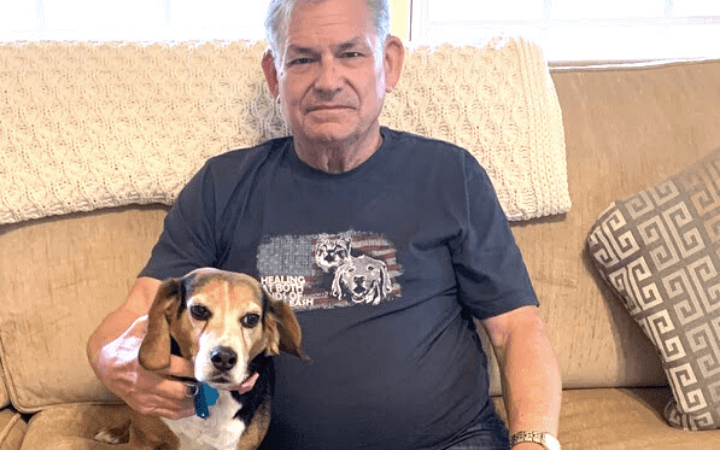
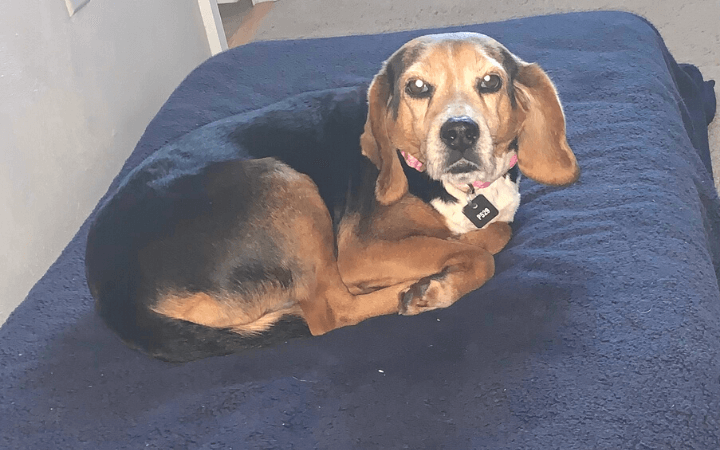
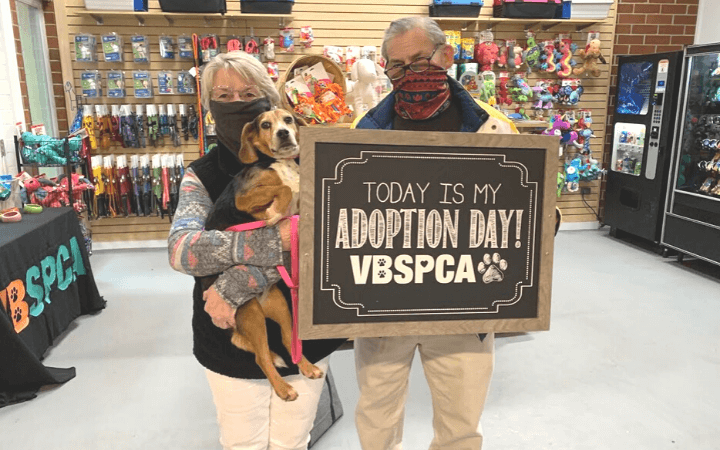

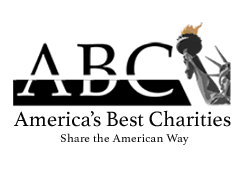
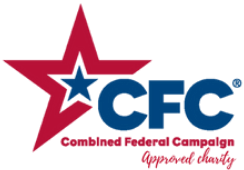






Bill, thank you for your Service. My husband also knows the trauma of Vietnam and of being unappreciated when he came home. Our Pets for Patriots pup does help with that, and I’m so happy you and Katie can help each other too. Wishing you many wonderful years together.
Great success story… Inspiring and hopeful for others dealing with PTSD, anxiety, depression, etc… It really brings to light that no matter the level of isolation & alienation these invisible wounds cause/contribute to, none of us are really alone in our pain, struggle, suffering…
Thanks Bill, Ann, Harry and of course, Katie : )
Thank you for your service, Bill. Your story made me smile AND cry this morning. Katie is a beauty, and she knows that she is a lucky lady to be part of your family now. God Bless all of you!